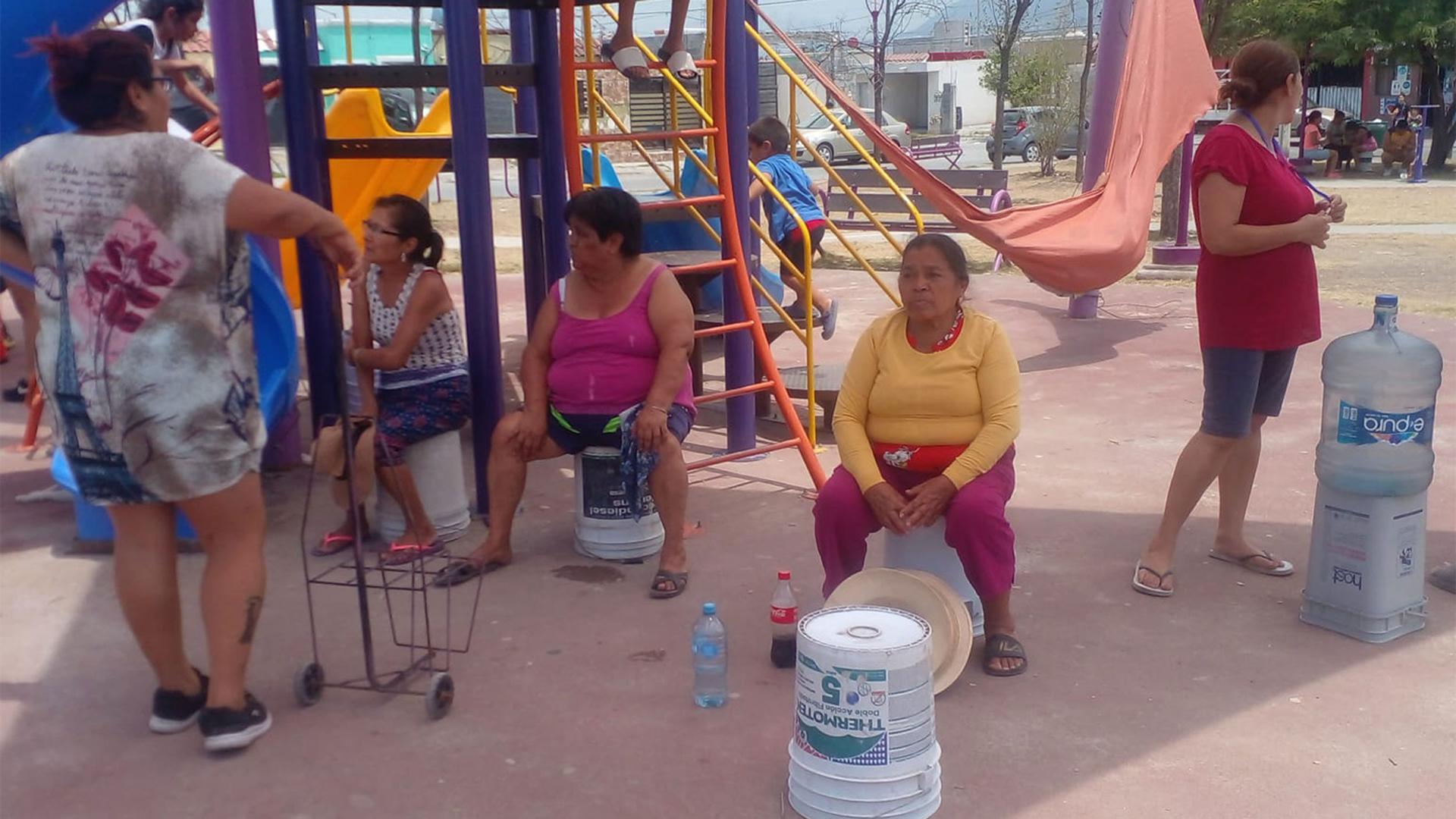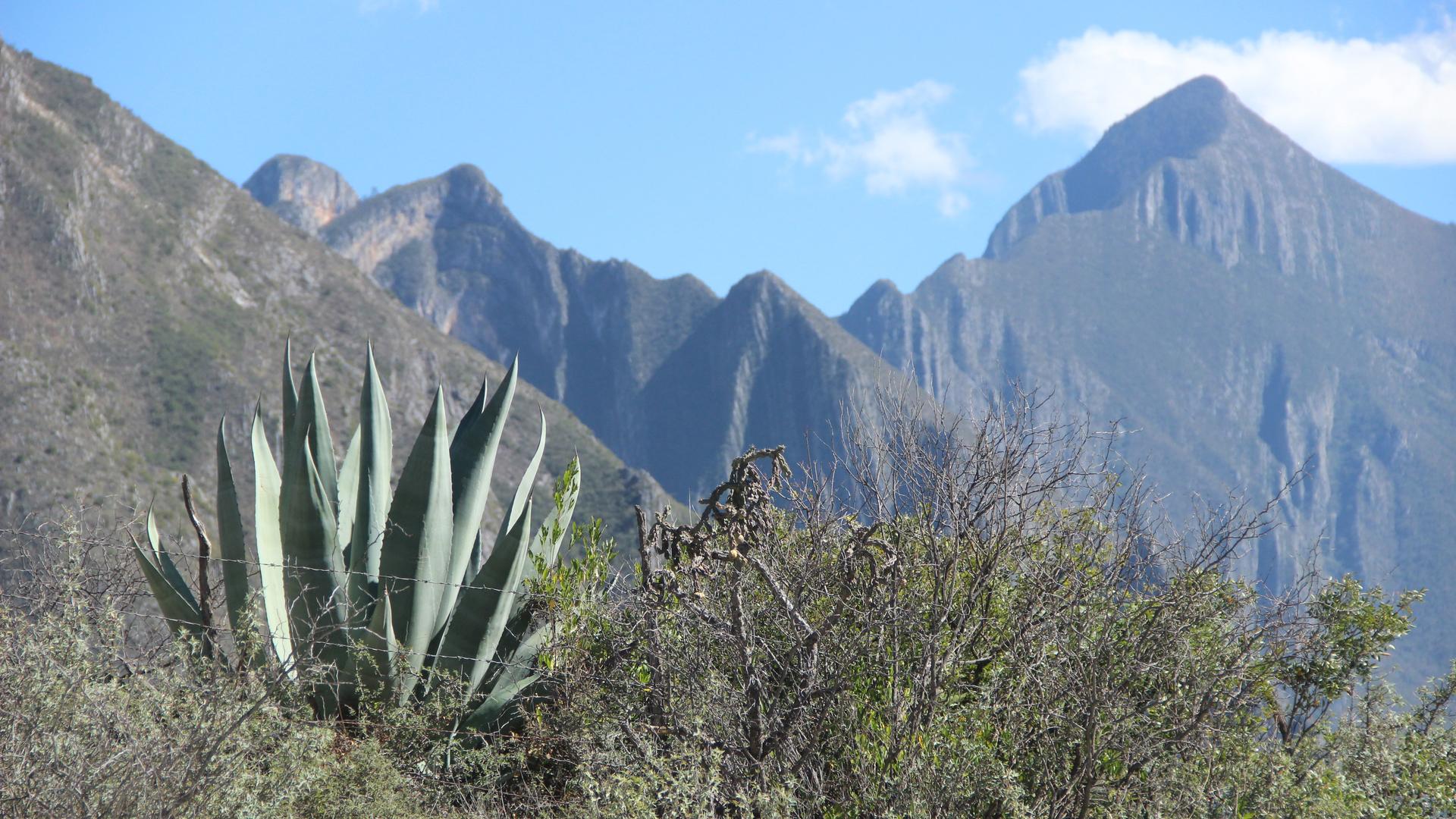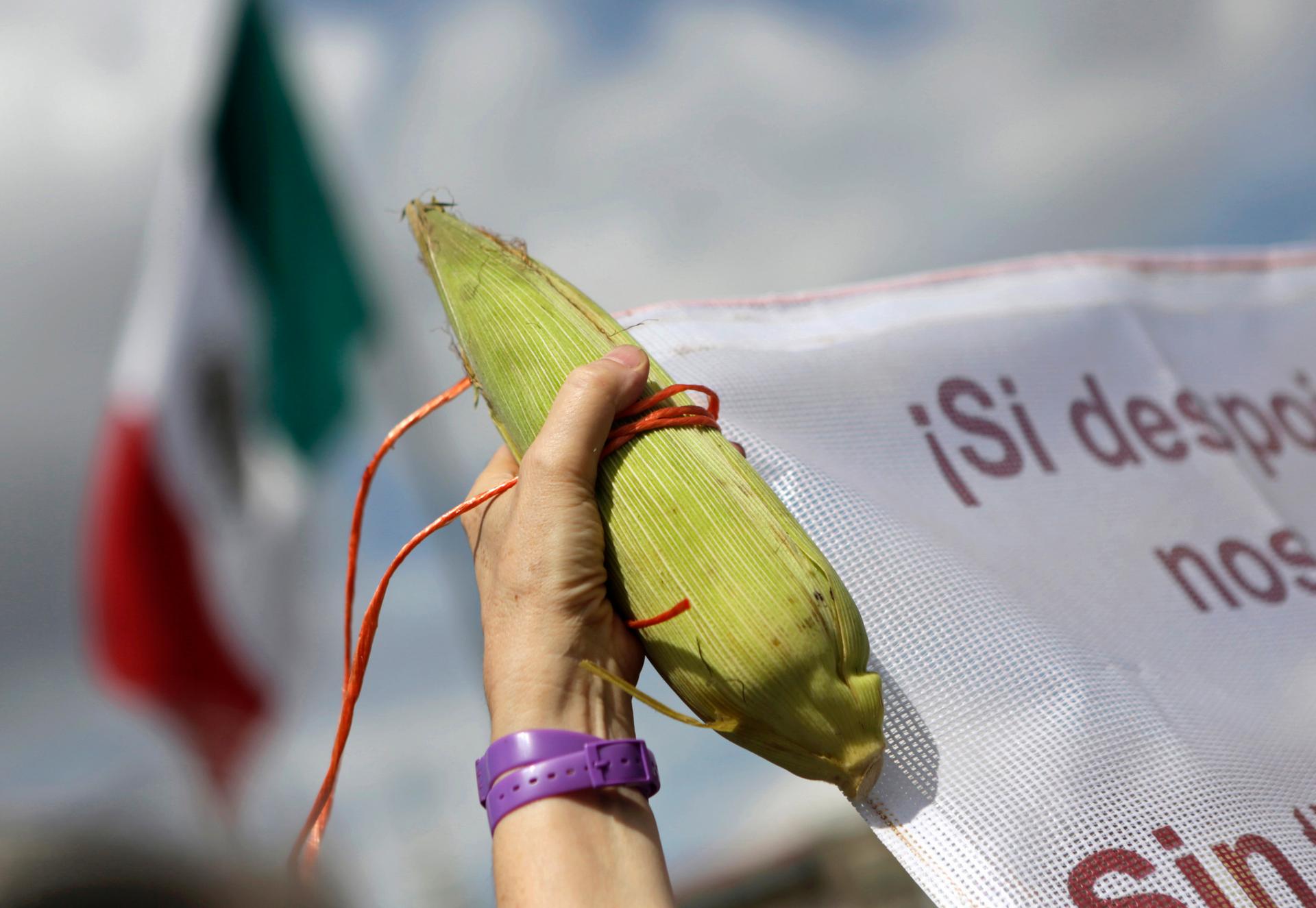Monterrey
In the north of Mexico, water cuts to cope with shortages hit poor communities hardest
Extreme heat and drought have left water in short supply in Monterrey, Mexico, but not everyone is feeling the pinch. Some poor neighborhoods seem to be facing far more restrictions on water usage than wealthier ones.
We want to hear your feedback so we can keep improving our website, theworld.org. Please fill out this quick survey and let us know your thoughts (your answers will be anonymous). Thanks for your time!
Volunteers put a human face on Mexico’s drug violence
Author Lolita Bosch created a website, Nuestra Aparente Rendición, or “It seems we have surrendered,” to track the people killed in Mexico’s drug war. She wanted their memories to be more than a passing reference, and she wanted to get people talking about the violence and its aftermath.
Volunteers put a human face on Mexico’s drug violence
Author Lolita Bosch created a website, Nuestra Aparente Rendición, or “It seems we have surrendered,” to track the people killed in Mexico’s drug war. She wanted their memories to be more than a passing reference, and she wanted to get people talking about the violence and its aftermath.
How do you fight organized crime in Mexico? With small business loans and after-school programs
For the last six years, a little-known infusion of American tax dollars has played a part in the fight against organized crime in the Mexican border city of Ciudad Juárez. Part of the money for the Merida Initiative is used to keep young people out of drug cartels and help boost the economy.
Subscribe to The World’s Latest Edition podcast for free using your favorite podcast player:


